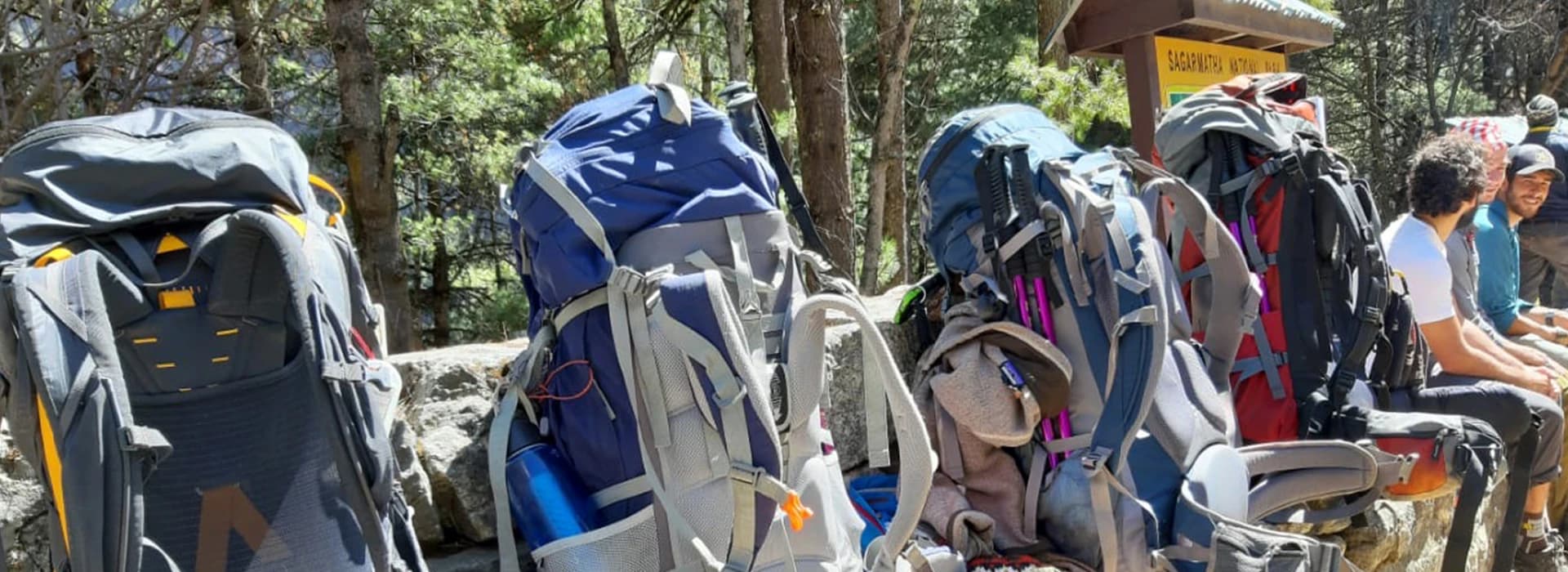The Nepal government announced that Mount Everest permit fees would be considerably increased beginning from September 1, 2025. The increased fees will help improve protection of the increasingly sensitive environment, as well as the safety of ascending climbers, while increasing finances for infrastructure and the conservation of the world's highest mountain.
Nepal Increases Everest Climbing Permit to $15,000
Revised Permit Policy
According to the new policy, the permit fee for foreign climbers in the peak season spanning from April to May will be increased by 36% from $11,000 to $15,000 per head.
For the less popular seasons—September to November and December to February—the fees will be adjusted to $7,500 and $3,750, respectively. The permit fees for Nepali climbers remain unchanged at NPR 75,000.
This is the first price increase to allow fees in almost ten years; government officials say the raise is overdue. "The costs of managing Everest expeditions have grown substantially these last years," said Narayan Prasad Regmi, Director-General of Nepal's Department of Tourism. "This adjustment will enable us to invest in the mountain's conservation, enhance climber safety, and maintain Nepal's reputation as a premier destination for mountaineers.
Creating a Thin Line of Economic Growth with Environmental Care
Mount Everest, at 8,849 meters (29,032 feet), has been attracting hundreds of climbers every year, earning Nepal millions of dollars. However, increased traffic alerted the concerned authorities to problems of overcrowding, environmental deterioration, and safety hazards. In this perspective, the government is raising permit fees as part of its strategy in dealing with such challenges.
Officials have said this additional revenue will be used in order to upgrade the waste management systems on the mountain, finance rescue operations, and routes maintenance among other uses.
"We want to make sure that future generations are able to see the beauty and the splendor of Everest," added Regmi.
Industry and Climbers' Reactions
This increased fee has brought mixed reaction among the mountaineering fraternity. A section of climbers and expedition organisers has welcomed the move while others are worried it may shut out those who always climb on shoestring budgets.
Head of the expedition company Furtenbach Adventures, specializing in high-altitude climbs, Lukas Furtenbach is more positive: "The rise in fees is comprehensible since costs for maintenance are high with Everest. It is to be hoped that such money would now at least be disposed of properly with ecological concerns in mind and providing greater safety to the climbers themselves."
The increase is unlikely to deter serious climbers, veteran mountaineer Jake Meyer said, since he has summited Everest twice. "Compared to the overall cost of an Everest expedition-which can range from $40,000 to $150,000 -the permit fee hike is relatively modest. It's a small price to pay for ensuring the mountain's preservation and safety."
But there are concerns that steeper prices will only shift climbers onto cheaper expeditions, many of which carry fewer safety measures. Other operators, on lower budgets, are sometimes unable to offer proper support; this means the risk for less experienced climbers is higher.
Conserving Everest for the Future
The government of Nepal announced that it was in the process of seeking ways to tackle the challenges brought by an increased number of climbers on Everest: the mountain has faced summit overcrowding, waste, and hazardous conditions of climbing in recent years.
It is also weighing other measures, like a limit on the number of permits issued in a season, and imposing a better qualification requirement for those who climb. These will ensure that only those mountaineers who have enough experience and preparation attempt to conquer Everest.
The recent fee hike will be a significant test for Nepal as the new climbing season begins. Though this may daunt the climbers, it underlines a greater commitment towardab sustainility, safety, and preservation of one of the most iconic natural landmarks in the world.
Mount Everest will forever symbolize the enterprise and will of human beings, while attempts by Nepal at handling its ever-growing popularity reminds one of the responsibility thrown up by hosting one of Earth's greatest treasures.



